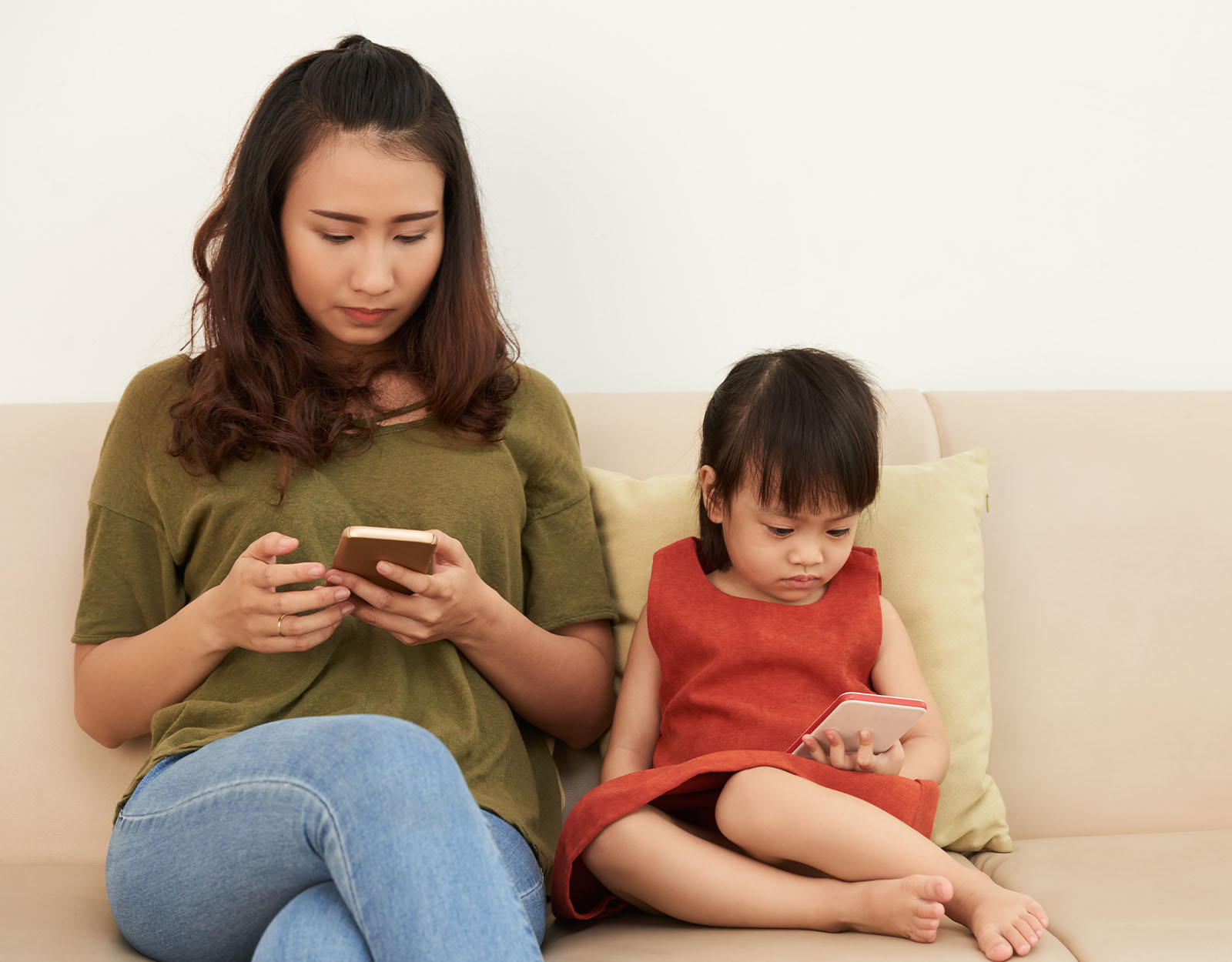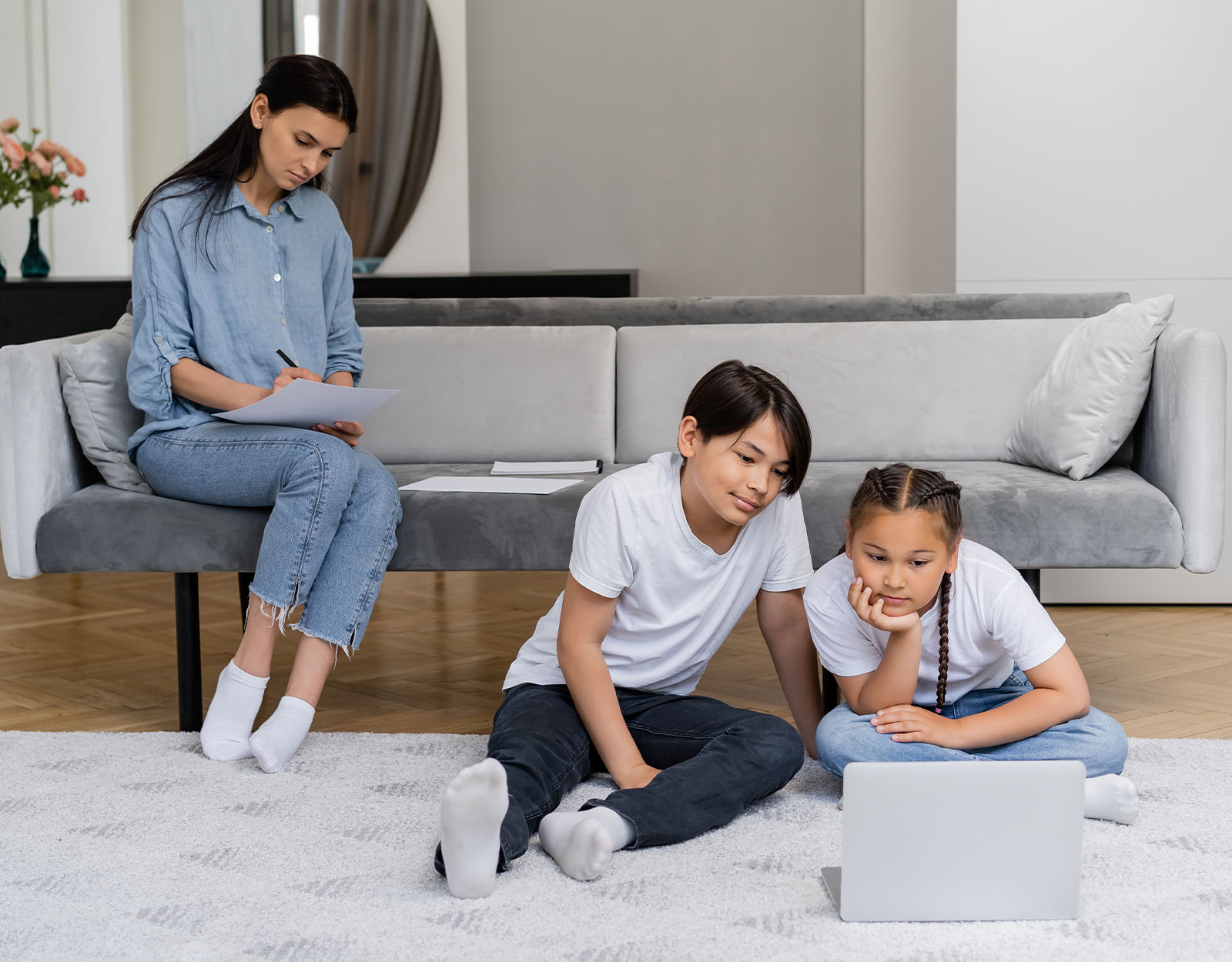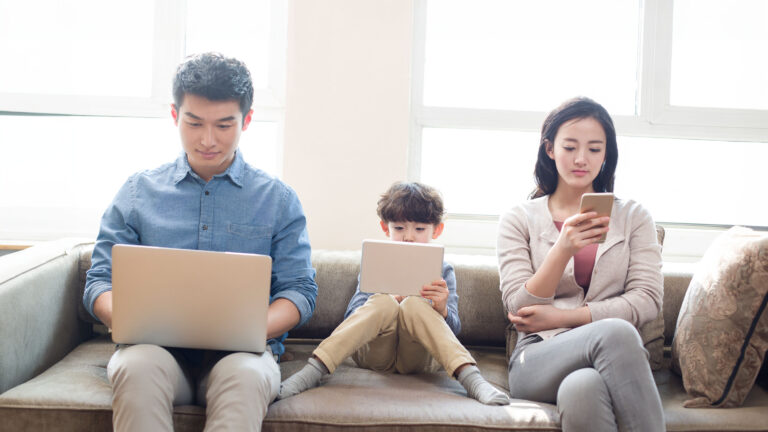Real Talk
What We’ve Learned From This New Study About Parents’ Screen Time Habits
Studies show that parents’ screen time habits on gadgets plays a big role in their interaction with their children.
We all know that too much screen time is not good for people. We also know how spending too much time on technology can affect how children behave and interact with others. But did you know that the same goes for parents, too?
The latest report published by the JAMA Pediatrics validates this. According to the study, when parents spend too much time on their gadgets, it can affect them and their children’s development.
Here’s what we’ve learned.

Parents’ screen time affects their kids’ language
The study, which was conducted among 220 Australian families, showed that parents’ screen time habits affected the way their kids’ speech patterns. According to the study, “for every additional minute of screen time, children heard fewer adult words, spoke fewer vocalizations, and engaged in fewer back-and-forth interactions.”
This was seen with kids who are at 36 months. The study also notes that “an additional minute of screen time was associated with a reduction of 6.6 adult words, 4.9 child vocalizations, and 1.1 conversational turns.”
What does this mean? For one thing, there has been an increasing number of children who cannot grasp simple words or have issues speaking their native language. Some kids end up also not knowing how to approach their parents because they’re always busy working or always glued to computers and gadgets.
“Technoference” can interfere with familial interactions
The study also introduced the term “technoference,” or simply, technology-based interference. It suggests that digital devices or gadgets interfere with the interaction of parents and children, which can prevent them from having a good language environment.
What’s more, experts pointed out that the interaction of children and their parents is crucial in developing their growth—physically, mentally, emotionally, and verbally. And the study even suggests that the more time parents spend on their gadgets, it affects their kids’ needs—especially in their crucial stages!
Crucial stages include the toddler stage wherein they need their parents to be there and ask questions. This is why gadgets should never substitute a parent’s presence at the toddler stage.

Technology is there to enhance life, not control it!
There are many benefits and risks in using technology. And this study just proves that screen time doesn’t just affect children. It affects parents, too!
Given how many parents nowadays work to provide for their families, they either let gadgets or helpers accompany their children constantly. This is a decision that can shape family dynamics and relationships in both good and bad ways. On one end, technology is an easy and convenient way to keep children busy, while teaching them through educational content found online. But on the other hand, it replaces interaction and bonding opportunities, while making them dependent on technology.
As technology and artificial intelligence continue to advance, this study serves as a reminder for parents that technology can help enhance the quality of life, but it should not fully control the family. The growing years are very crucial, which is why parents should really set aside time to bond, teach, and build a strong foundation for their children.
More about screen time
Screen Time or Scream Time? How to Manage Gadget Use in the Family, Minus the Squabbles
How Much Screen Time Is Too Much?
Do This Before You Pass a Smartphone or Tablet to Your Child





